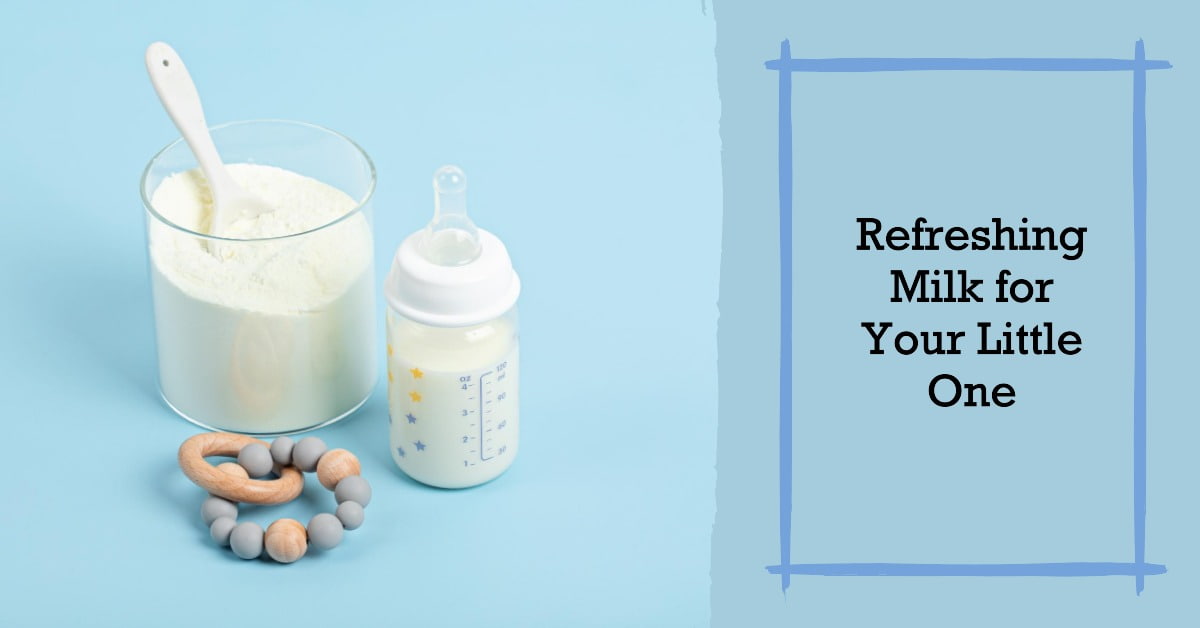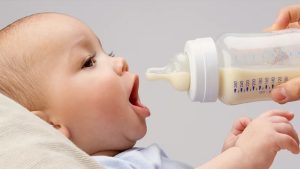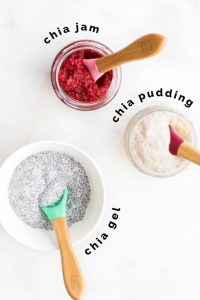Sometimes, we may not have a milk warmer option. So, we can ask can babies drink cold milk? No, babies should not drink cold milk. Babies should only be given lukewarm milk because their digestive system is still developing. So, the developing digestive system may not be able to handle cold temperatures. Besides, cold milk can cause indigestion, discomfort and stomach aches in babies.
It is best to warm up the bottle before giving it to a baby by running it under warm water. Milk that has been warmed too much should also be avoided as this could scald your baby’s mouth or tongue. If you are out and about, then store some cooled boiled water with you so that you can add some drops of it into the formula.
In this guide, we will discuss the impacts of cold milk on babies. So, let’s start to read next!
Why Can’t Babies Drink Cold Milk
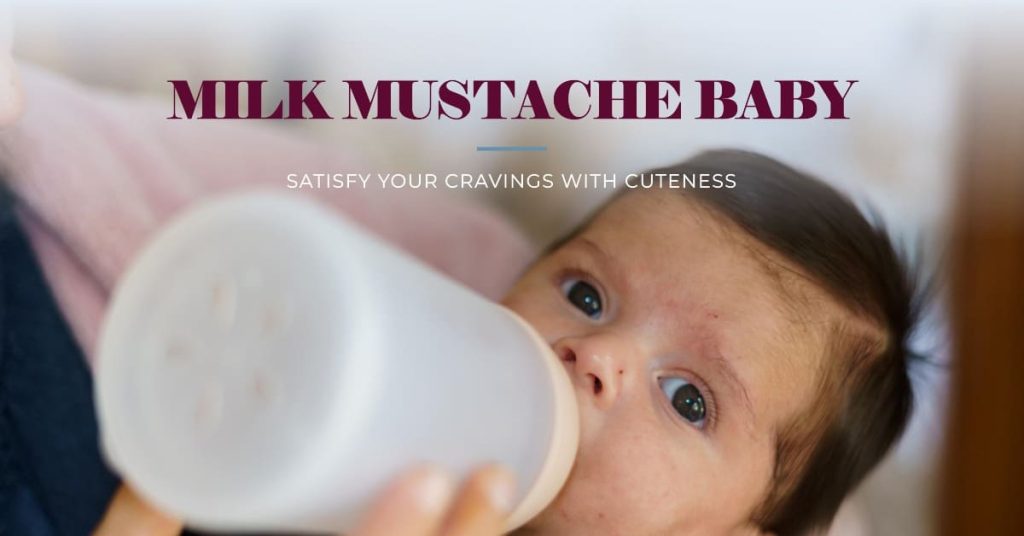
A large number of parents are concerned about whether cold milk causes gas in babies. Babies should never be given cold milk as their digestive system is not yet developed enough to break down the fats and proteins in cold milk.
Also, drinking cold milk can lead to abdominal cramps, nausea, vomiting and diarrhoea in babies. It’s best to warm breastmilk or formula before giving it to a baby so it won’t shock their system.
Benefits of Warm Milk for Babies
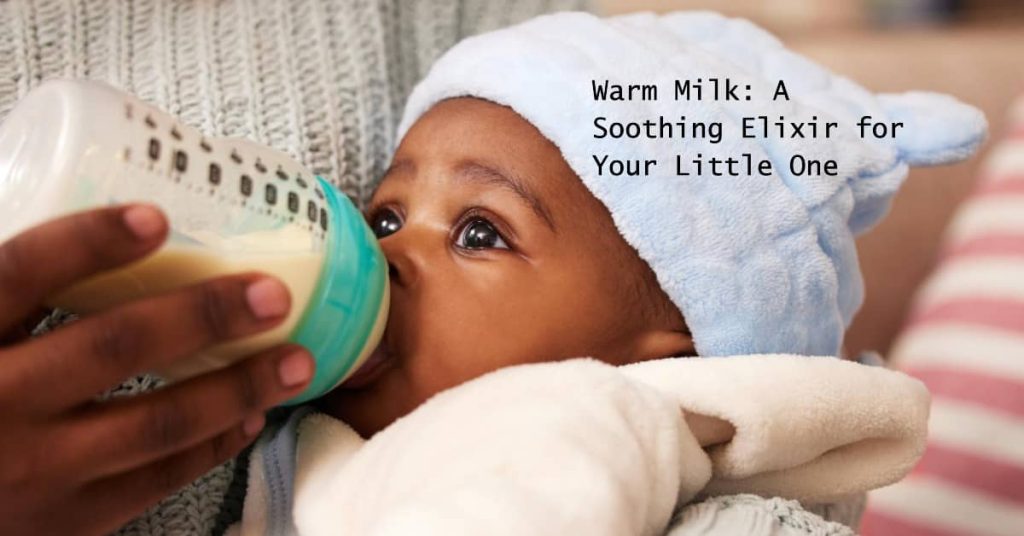
Here are some benefits of warm milk for babies:
- Easier to digest. Warm milk is easier for babies to digest than cold milk, as they don’t need to use extra energy to warm it up in their tummy. This is especially beneficial for premature babies and babies with digestive problems like colic.
- Better absorption of nutrients. Warm milk can help babies absorb nutrients better, as the fat and nutrients in the milk are easier to break down.
- More soothing and comforting. Warm milk can be more soothing and comforting for babies, especially when they are fussy or sick. It can also help them relax and fall asleep more easily.
- More appealing to babies. Some babies simply prefer the taste of warm milk over cold milk.
Here are some tips for warming milk safely for your baby:
- Do not microwave milk, as this can cause hot spots that can burn your baby’s mouth.
- Warm milk in a bottle warmer or by placing the bottle in a container of warm water.
- Test the temperature of the milk before feeding it to your baby by putting a few drops on the inside of your wrist. It should feel comfortably warm.
It is important to note that there is no need to warm milk for babies if they are willing to drink it cold or at room temperature. However, if your baby seems to prefer warm milk, there is no harm in doing so as long as you follow the safety guidelines above.
Can Babies Drink Cold Milk from Fridge?
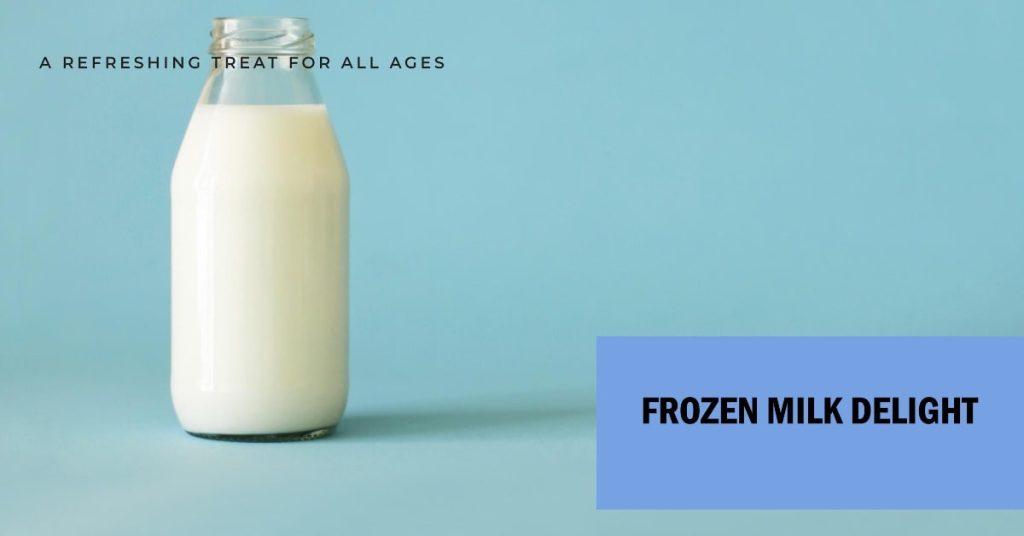
It is generally not recommended to give babies cold milk from the refrigerator. The primary reason for this is that cold milk can cause digestive upset in young children, causing abdominal pain and discomfort.
Additionally, it can be difficult for a baby’s immature digestive system to handle the sudden change in temperature, as well as any bacteria present on the surface of the container or bottle. Many parents ask that does cold milk cause gas in babies.
To avoid these issues, it is best to warm up refrigerated milk before feeding it to your baby by placing it in a bowl of hot water for several minutes. This will reduce the risk of potential digestive problems and make certain that your child gets all of the necessary nutrients from their mealtime drink.
Why Can’t Babies Drink Cold Formula?
When it comes to feeding babies, there are many factors that need to be taken into consideration for the health and safety of your little one. One important factor is temperature: babies should never drink cold formula.
This is because cold milk can cause digestive problems in young infants, including abdominal pain and cramps due to slow digestion. Cold milk also has a higher fat content than warm milk which can lead to weight gain if consumed too often or in large amounts.
Additionally, drinking cold formula can potentially shock their sensitive immature systems leading to illness such as vomiting or diarrhea. Babies may also reject cold formula more easily as they prefer drinks that are closer in temperature to breastmilk (98-100°F). So heating up the bottle prior to feeding may help them take in more nutrition with less fussing and discomfort during feedings.
Therefore, it’s always best practice for parents or caregivers who are preparing formulas for infants or toddlers at home. Do so with lukewarm water instead of hot water from the tap when mixing powdered formulas; this will ensure that their baby receives the nutrients they need without upsetting their delicate digestive system!
Is It OK to Give Baby Cold Breast Milk?
Do you know why can’t babies drink cold breast milk? When it comes to feeding your baby, there is no one-size-fits-all answer. Every parent has their own opinion on the best way to nourish their baby – and that includes how cold or warm breast milk should be when given. So is it ok to give your baby cold breast milk?
The answer depends on a few factors. First of all, you need to consider the safety of giving cold breast milk. While some parents may prefer colder temperatures for comfort reasons, studies have shown that bacteria can grow in stored milk at room temperature or below if kept too long before being consumed by your child.
Therefore it’s important to ensure that any refrigerated or frozen milk you use has been stored properly and safely according to guidelines provided by health professionals and paediatricians.
Additionally, nutrition is an important factor when considering what temperature breastmilk should be offered. Breastmilk contains essential vitamins and nutrients which can break down over time due to heat exposure – so keeping it cool will help preserve these vital ingredients for as long as possible until consumption occurs.
Furthermore, certain fatty acids found in human milk are more easily absorbed if heated slightly (to body temperature). For this reason, many experts recommend warming up cooled-down expressed breastmilk prior to serving babies who are 6 months old or older.
Should Baby Milk Be Warm Or Cold?
It is a common debate among parents whether baby milk should be served warm or cold. Some believe that the milk should always be served warm, as it makes it easier for babies to digest and can help reduce any discomfort associated with eating. Others argue that cold milk is perfectly safe and may even be more refreshing for your little one after a long day of play!
While both sides have their merits, ultimately there isn’t a definitive answer – what works best will depend on your child’s individual preferences and needs. If you are uncertain, try offering them both options at different times to see which they prefer! When determining if baby milk should be served warm or cold, safety must also come into consideration.
Warm milk can present an increased risk of scalding due to its temperature, so ensure you test the formula before serving it by placing some on your wrist or inside your elbow – if it feels too hot then allow it to cool down further until lukewarm before feeding your baby.
Cold milk has no such risks but keep in mind that room-temperature formula may spoil faster than chilled formula – so make sure you throw away any leftovers after each feed!
At the end of the day, there really isn’t a right or wrong answer when deciding between warm or cold baby milk; just use good judgment based on what works best for your child while ensuring their safety is the top priority.
.
Can Babies Drink Cold Formula? | A Mamas Bond
Conclusion
In conclusion, it’s important to consider the source of cold milk and whether it is safe for babies to drink. Cold milk stored in the refrigerator or freezer can be a good alternative if necessary, however, warm milk is generally recommended as the best option for a baby’s digestive system and overall health. In any case, parents should always consult their paediatrician before introducing new foods into their baby’s diet.

